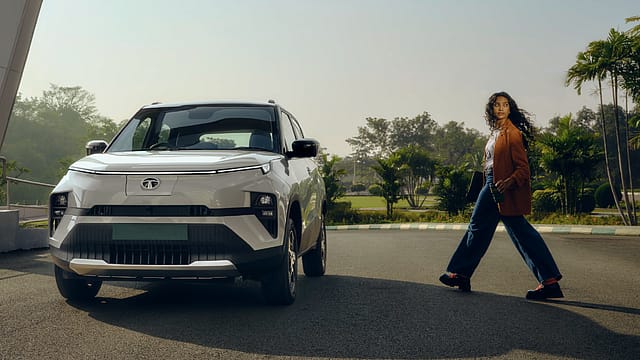Tata Motors cars, EVs to cost more from April
ADVERTISEMENT

Tata Motors on Tuesday announced its intent to increase prices across its passenger vehicle range, including electric vehicles, effective April 2025.
This price adjustment is being undertaken to partially offset the impact of rising input costs, the automaker said, adding that the extent of the hike will vary depending on the model and variant.
This comes a day after Maruti Suzuki India Ltd revealed its plan to increase car prices from April owing to rising input costs and operational expenses. Maruti’s price hike is expected to be up to 4% and will vary depending on the model. “While the company continuously strives to optimise costs and minimise the impact on its customers, some portion of the increased cost may need to be passed on to the market,” India’s largest carmaker said.
Tata Motors too had announced price hikes across its commercial vehicle segment yesterday. The country’s largest commercial vehicle maker announced a price hike of up to 2% on its commercial vehicle range, effective April 1, 2025. “The price increase is to offset the rise in input costs, and will vary as per individual model and variant,” the company said.
Automakers generally hike prices at the start of each calendar year. Tata Motors had earlier announced a price hike of up to 3% across its passenger vehicles portfolio, including EVs from January 2025.
This comes as foreign brokerage HSBC Tata Motors to ‘Buy’ from ‘hold’ on Monday. The brokerage, however, reduced its price target on the stock to ₹840 from its earlier projection of ₹930. The revised price target implies a potential upside of 29% from Monday’s close. Reacting to the news, shares of Tata Motors rose 3% to hit a high of ₹680.50 on the BSE, taking the company’s market capitalisation to ₹2.5 lakh crore.
Tata Motors gets around two-thirds of its revenue from British luxury carmaker Jaguar Land Rover Automotive Plc.
While JLR is not affected by U.S. President Donald Trump’s tariffs currently, Moody’s Ratings, in a note, said JLR is exposed to potentially higher US tariffs on EU or UK produced goods, with all JLR cars sold in the US produced in these two regions. “Customers of JLR, which makes luxury cars, tend to be less price-sensitive compared to buyers of mass-market cars. But passing on the entire tariff increase may be difficult. A decline in demand from the US, which accounts for nearly a third of JLR's sales, would be credit negative,” said Moody’s.